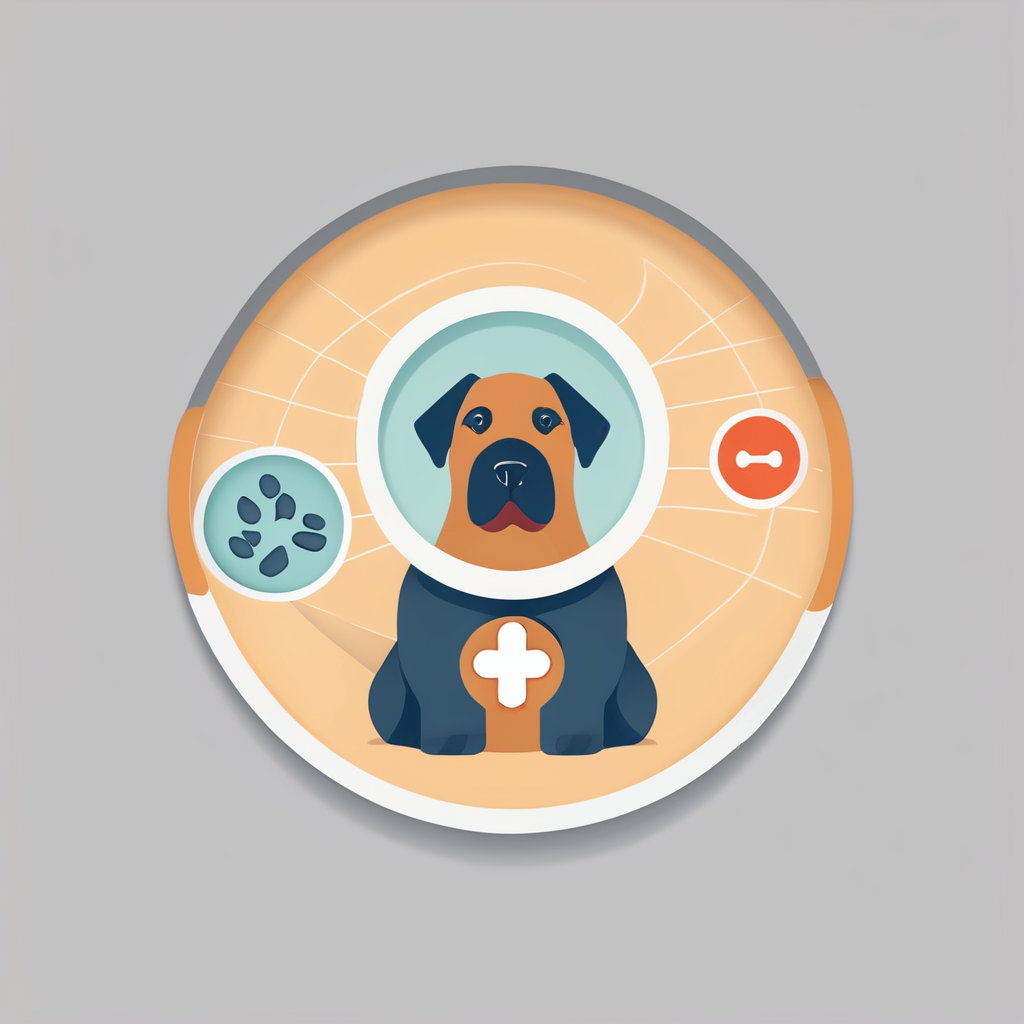As pet owners, we often find ourselves sharing our lives—and our meals—with our beloved dogs. While it can be tempting to feed our dogs the same foods that we enjoy, it is crucial to understand how human foods can impact their health. Certain foods are safe, and others can be toxic. This article will guide you through what you should know about feeding your dog, ensuring they maintain a healthy diet and live a happy, fulfilling life.
Understanding Safe Foods for Dogs
When considering what to feed your dog, it is essential to know which human foods are safe for them to eat. Many pet owners wonder if they can share their meals with their furry friends without causing harm. The American Kennel Club (AKC) provides a helpful list of foods that dogs can safely consume.
Topic to read : How do I recognize and address separation anxiety in my dog?
Foods such as carrots, green beans, and apples are not only safe but also beneficial for your dog’s overall health. These items are often low in calories and high in fiber, making them great snacks to replace unhealthy treats. Cooked chicken and turkey, without any seasoning, are excellent sources of protein that can help maintain your dog’s muscle mass.
However, it is essential to consider the amounts you are feeding your dog. While some foods are safe, they can still contribute to obesity if given in high quantities. A small bite of cooked meat or a few slices of fruit can be a delightful treat but should not replace their regular dog food. A diet primarily made of dog food ensures that they receive all the necessary nutrients they need to thrive.
Additional reading : Ultimate tips for designing a wholesome raw diet for your developing boxer puppy
Additionally, always remember to prepare these foods properly. For instance, if you are offering your dog cooked vegetables, ensure they are steamed without any added oils or seasonings. This way, you promote their well-being while also enhancing the bond you share with your pet.
Toxic Foods That Dogs Should Avoid
While many foods are safe, some are outright toxic to dogs and can lead to serious health issues. Understanding which items pose a risk is vital for every dog owner. Common human foods that you should never feed your dog include chocolate, grapes, raisins, onions, and garlic.
Chocolate contains theobromine, a compound that is highly toxic to dogs and can lead to symptoms such as vomiting, diarrhea, and in severe cases, seizures or even death. Grapes and raisins have been linked to kidney failure in dogs, although the exact reason remains unclear. Even small amounts can lead to serious complications, so it is best to keep these fruits away from your pet.
Onions and garlic, whether cooked or raw, can cause oxidative damage to red blood cells, leading to anemia. This may not show immediate symptoms, but over time, your dog may become lethargic and lose its appetite.
When preparing meals or snacks, always keep these toxic foods out of reach. If you suspect your dog has ingested any harmful substances, contact your veterinarian immediately. Regularly educating yourself about safe and toxic foods will empower you to make informed decisions that contribute to your dog’s health and safety.
How to Introduce New Foods Safely
Introducing new foods to your dog’s diet can be a rewarding process, but it must be done carefully. Dogs can be sensitive to dietary changes, which can lead to gastrointestinal upset if introduced too quickly. To ensure a smooth transition, start by introducing small amounts of the new food alongside their regular dog food.
Begin with a small portion—perhaps a spoonful of a new vegetable or a few bites of cooked meat. Monitor your dog for any adverse reactions over the next 24 hours. Signs to watch for include changes in appetite, diarrhea, or vomiting. If you notice any of these symptoms, it may be a sign that the new food does not agree with your pet.
Once you confirm that your dog tolerates the new food, gradually increase the amount. This method allows your dog’s digestive system to adjust without causing strain. Remember, moderation is key. Even healthy foods can lead to weight gain or nutritional imbalances if overfed.
Additionally, always stay informed about which human foods can be incorporated into your dog’s meals. Consulting with a veterinarian can further guide you on creating a balanced diet tailored to your dog’s specific needs. This way, you can safely expand your dog’s palate while ensuring their health is never compromised.
Maintaining a Balanced Diet for Your Dog
Providing your dog with a balanced diet is essential for their long-term health. While it is tempting to feed your dog human foods, it should not replace their primary source of nutrition: dog food. Dog foods are specially formulated to meet the nutritional needs of pets, ensuring they receive adequate amounts of proteins, fats, vitamins, and minerals.
When looking for quality dog food, choose options that meet the standards set by the Association of American Feed Control Officials (AAFCO). This ensures that the food you select contains complete and balanced nutrition for your dog’s life stage—whether they are a puppy, adult, or senior dog.
Incorporating healthy human foods can complement their diet but should always be approached cautiously. Treats and extras should constitute no more than 10% of your dog’s daily caloric intake. This helps prevent obesity and related health issues. Always opt for cooked and plain options without added sugars, salts, or preservatives.
Regular veterinary check-ups will also help monitor your dog’s weight and overall health, allowing you to adjust their diet as needed. After all, maintaining a balanced diet is not just about what your dog eats but how it contributes to their health in the long run. Your commitment to providing a well-rounded diet will ensure that your dog remains healthy and happy.
Understanding the effects of human foods on your dog’s health is vital for every pet owner. While sharing meals with your furry friend can be gratifying, you must differentiate between safe and toxic options. By staying informed and cautious about what you feed your dog, you promote their well-being and longevity.
Always prioritize a balanced diet that primarily consists of high-quality dog food, supplemented by safe human options when appropriate. With careful planning and consideration, you can enjoy the pleasure of sharing snacks with your dog without compromising their health. Ultimately, your commitment to learning about safe and healthy feeding practices will lead to a happier, healthier life for your loyal companion.








